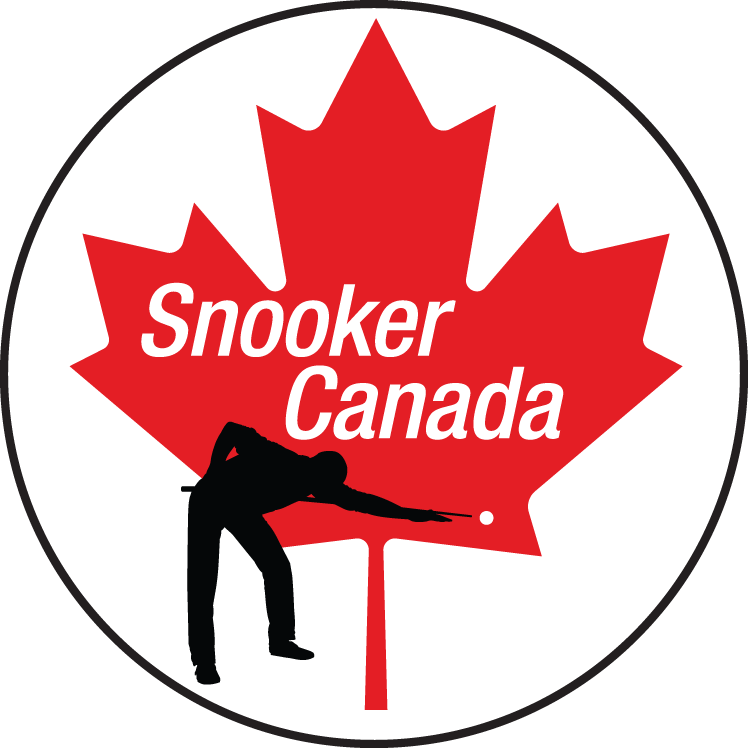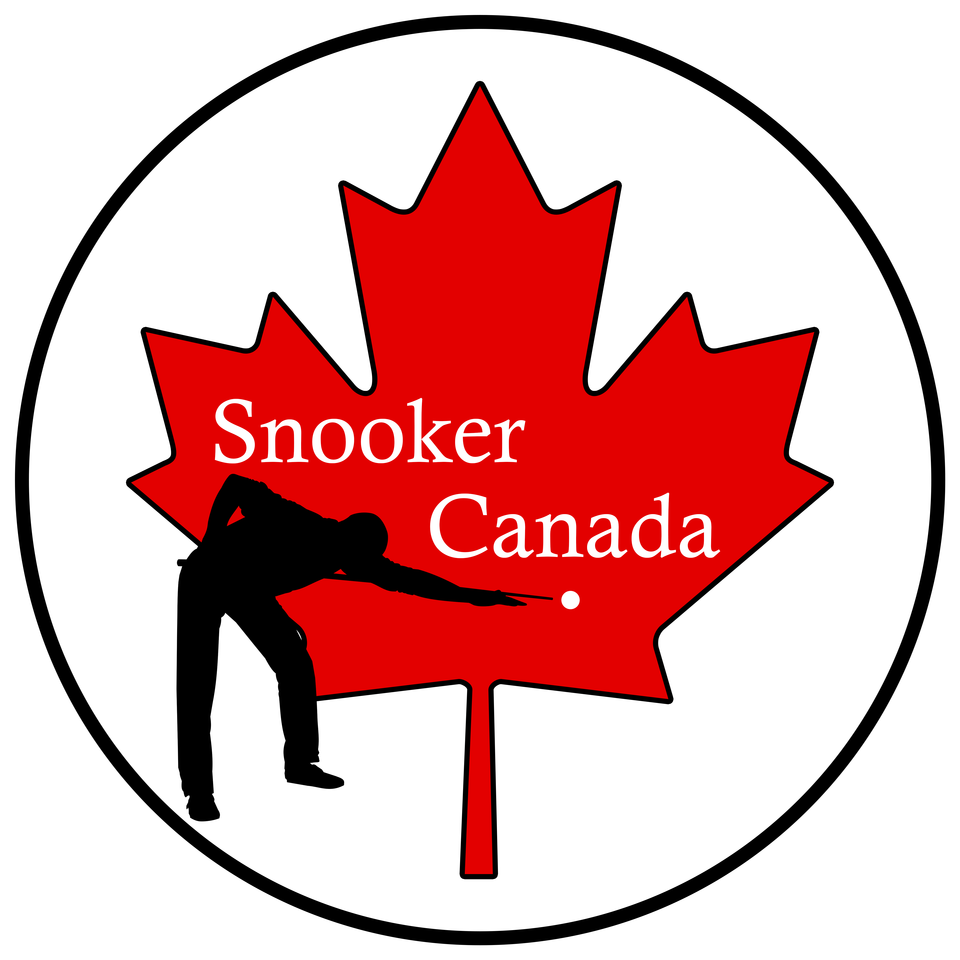Snooker in the Mind
Chris Henry’s innovative theories and techniques, based on neural science, have helped top snooker players fulfil their potential.
We caught up with Henry, who is currently working with Shaun Murphy and has previously coached the likes of Stephen Hendry, Peter Ebdon, Jimmy White, Ding Junhui and Luca Brecel, to find out more about his philosophy.
Chris, could you explain how your coaching methods work?
I’m working on the mental side, in snooker and other sports. I call it neural rewiring. That means using brain plasticity to rewire the subconscious. This helps people think better thoughts automatically, and converts negative thinking into positive. The neural rewiring process uses all five senses, particularly visualisation. The two major factors are beliefs and habits. Using the analogy of a plant, beliefs and habits are the soil of the plant, and emotions and behaviour grow out of that. Around 97% of our behaviour, actions and emotions are subconscious. My work helps players develop better brain software, so that the subconscious is working in the optimum way, which helps them to perform at peak levels. We often don’t actually think about what we’re doing, and if the conscious self gets in the way then it can block messages that the brain is sending to the body. So the idea is to perform in a relaxed state where consciousness is not interfering. Whatever is happening on the table should not affect the player’s mood or attitude.
For a lot of players that concept might require a leap of faith. Is it something they have to commit to at the start?
Yes. This has all come from neural science, and these concepts are being proved now because of advances in science which allow us to see inside the brain with technology called functional magnetic resonance imaging. When you repeat something, whether it’s a thought or a physical movement, you create a neural connection. When you’ve got enough of the same neural connection, you create habits and beliefs. So that’s the key, it’s repeating the right things mentally and physically over a period of time. It does require a commitment, but once the player understands how it works, it makes sense.

Chris Henry with golf legend Tom Watson
Do you give players routines to work with on the practice table?
Yes, I use around 30 different routines which cover safety, cue ball control, potting, playing from the cushion and various other areas. The goal is to get to the stage where the brain recognises any situation on the table, so when you come to that situation in a match the template is in place. If the player has practised enough times then the brain will recognise the scenario and it will never be surprised. During practice the player should be imagining he is in certain situations in a match and creating that environment. The subconscious doesn’t know the difference between fantasy and reality, so you can control the information you are feeding it. For example, Shaun Murphy and I created a routine on the snooker table which tricked his subconscious into believing that a 147 break is quite normal. A part of the brain called the amygdala compares what is happening at the moment with previous memories. You can create memory files just with visualisation, and give the subconscious information which is not real, but through repetition it will believe it to be real. So when you come to a certain situation you feel relaxed about it rather than getting tense or nervous, because the amygdala is telling you it’s normal. It’s a bit like déjà vu, you feel as if you’ve seen it before.
Does this only apply to sport?
No, this can be used in any walk of life. It could just be helping someone to deal with situations in an office environment or respond better to customers, and I do corporate seminars on that. We are all human beings and we all have the same operating system – the brain – which we can rewire it to perform at a higher level.
You started working with Shaun three years ago and he has achieved a lot over that period, how satisfying is it for you to see a player you are working with win titles?
It’s why I do what I do. It’s probably more rewarding than doing it yourself. I get such a buzz out of contributing to someone else’s success. Its human instinct to try to help people and that’s an important part of life. I say to Shaun that even if I only help him 5%, that can make a big difference in such a competitive sport. It’s very satisfying when you work towards a certain goal and then that is achieved. I’ve worked with Matthew Selt who is a very talented player but his work ethic wasn’t good enough. We introduced repetition into his routine. The old saying practice makes perfect isn’t quite right, the truth is practice makes permanent. You have to make sure your repetition is precise and that it is helping to develop a good technique, so that ultimately the software runs the physical body in an efficient way. Matt worked on that for a long time and it has paid dividends for him.
How high a level did you play snooker at?
I have made maximums and I once beat Stephen Hendry in the British under-18s semi-finals. That was the only time I ever played him so I have a perfect record and I don’t mind reminding him of that! I won a couple of amateur tournaments and I played on TV so I know what that feels like, which is important. I know what the emotions are like when the pressure is on. In fact there is no such thing as pressure, it is something your brain creates as a response to what is happening.
Rafa Cabrerra Bello tries his hand at snooker
You have recently started working in golf, how did that come about?
I was in Dubai around 18 months ago and got invited to a golf event there. I met a guy who manages Rafa Cabrera Bello, we got chatting and he felt I could help Rafa with psychology and the mental side of the game. He’s a very talented player but he needed a bit of help staying relaxed in certain situations. I have worked with Rafa for the past nine months and he has recently climbed to 33rd in the world rankings and played at the Masters for the first time. I was at Augusta with him and it was an amazing experience. Players in a lot of sports talk about ‘the zone’ and for me there are five key elements to that. I call it the SCORE system, so that’s self-discipline, concentration, optimism, relaxation and enjoyment. If you can implement those five things then there’s a very good chance you’ll be in the zone, which is the state of mind where you are tapping into the dominant brain software. It’s a bit like driving a car. Have you ever driven for half an hour and then not be able to remember the journey? That’s because you have written that piece of software through repetition, and that is running the car while you are consciously thinking about something else. That’s the ultimate state of mind because you’re not busy thinking what you are doing, you are letting things just flow. Your brain is in alpha state, which means you can concentrate on the moment. If you’re thinking about something else, you’re not concentrating. Otherwise you go into beta state where your brain is too busy.
And you even managed to get Rafa on to a snooker table!
Yes, we had a few games in Dubai with his sister and brother. Dennis Taylor’s sons were there as they work in golf, so we had a game of doubles. Rafa’s definitely a better golfer than a snooker player but he loves snooker and watches it a lot on Eurosport. When I first met him I mentioned I worked with Shaun and that got him very interested. He said snooker and golf are very similar because you are hitting a dead ball and there is a lot of time in between shots, so it’s a similar mental approach.

